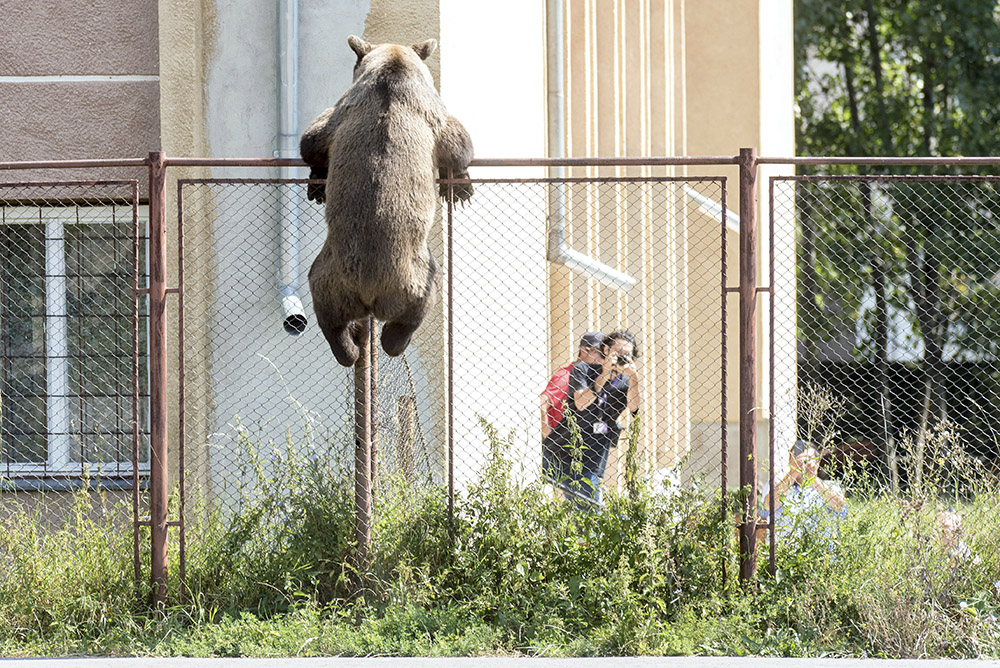The Petitions Committee of the European Parliament (PETI) discussed during its Wednesday session a petition on the management of brown bears in Romania, submitted jointly by County Council Presidents from Szeklerland. (transindex.ro)

During a February 24th committee session, two further petitions on the subject were also discussed. One of them was submitted after a bear attack in Jiu Valley (Zsil in Hungarian), while the other was about the bears’ narrowing living space in Romania.
PETI members listened to the opinions of the petitioners, the European Commission and European Parliament Members. The petition submitted by the County Council Presidents of Hargita (Harghita), Kovászna (Covasna), Maros (Mureș) and Brassó (Brașov) at the end of 2019, was represented by Hargita County Council President Csaba Borboly.
In his prologue, Borboly said that the estimated number of brown bears in Romania is 7,000. Out of these, 2,100 bears live in Hargita County. This high population causes conflicts. In the last five years,
bears have killed or injured 1,120 domestic animals, and due to bear attacks, 54 people have needed hospital treatment and two people have died.
Traffic accidents caused by bears are also common. According to Borboly, the measures taken so far by the Romanian Ministry of the Environment are chaotic, and damage-prevention is missing completely.
“We are asking the European Parliament to call upon the Romanian government to prevent this damage, to save human lives, [maintain] public safety and protect the crops and livestock, and to include the planning and the financing of the preventative measures within the national rural development program,” said the county president.
“The European Commission made it clear today that we need precise measuring, reasonable solutions and wildlife management. Every condition has been given for Romania to introduce its wildlife management strategy. The issue has to be kept open until a reassuring solution is presented for the people living in Szeklerland,” said the European People’s Party rapporteur on the topic, Lóránt Vincze.

A few weeks earlier, Vincze held discussions in Bucharest with Minister of the Environment Barna Tánczos. The minister from the Democratic Alliance of Hungarians in Romania (known by its acronym of RMDSZ) would like to solve the problem as well; according to his plans, the bear population will be scientifically measured first, then the long-delayed wildlife management strategy will be put into force in Romania.
Lóránt Vincze noted at the Committee meeting: The European Commission affirmed that the so-called Habitats Directive, which ensures the conservation of rare, threatened or endemic species, forbids the hunting and capturing of bears as well,
but Member States can differ from this directive in order to preserve public health and public safety and to prevent the damage of produce, cattle or other types of property. The authorization of these falls under the Romanian authorities’ competence.
Meanwhile, the Common Agricultural Policy of the EU, through the European Agricultural Fund for Rural Development (EAFRD), can support the actions made in order to prevent damage caused by bears if Member States decide to do so within the framework of their rural development programs. Romania has not yet used this opportunity.
The Petition Committee decided not to close the petitions, as they do not consider the bear problem in Romania solved.
Related: Bear chases skier down slope